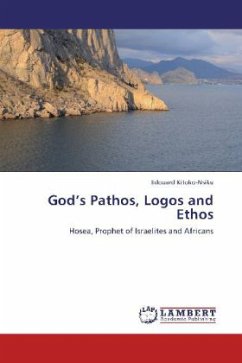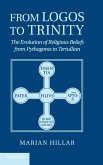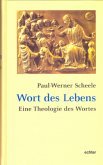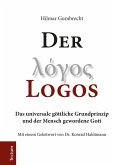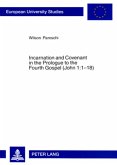The aim of this book is to challenge the way we theologise and, particularly, the way in which we deal with the question of the religious and socio-political form of idolatry found both in Hosea, and in the sub-Saharan African context. As is known, in most theological discourse, we preoccupy ourselves with rational theological considerations, which only refer to dogma already developed around some of the issues concerning God. Because of this tendency, the affective aspect of God is not treated with much seriousness. God is considered as someone else, one who is indifferent to what happens in the daily life of His devotees and in the rest of creation. The study of the Bible, particularly of the prophets, becomes a mere repetition of the accepted dogma and never makes a difference in the lives of those who read and believe in what they consider the basis of their faith. As Africans, the ones who live in oppressed and conflict-ridden religious and socio-political contexts, in whichpeople are slaves of the religious and socio-political idols, who are also their oppressors, we think that we have, in spite of the difficulties, to forge a new theological framework, one which can move us.
Bitte wählen Sie Ihr Anliegen aus.
Rechnungen
Retourenschein anfordern
Bestellstatus
Storno

